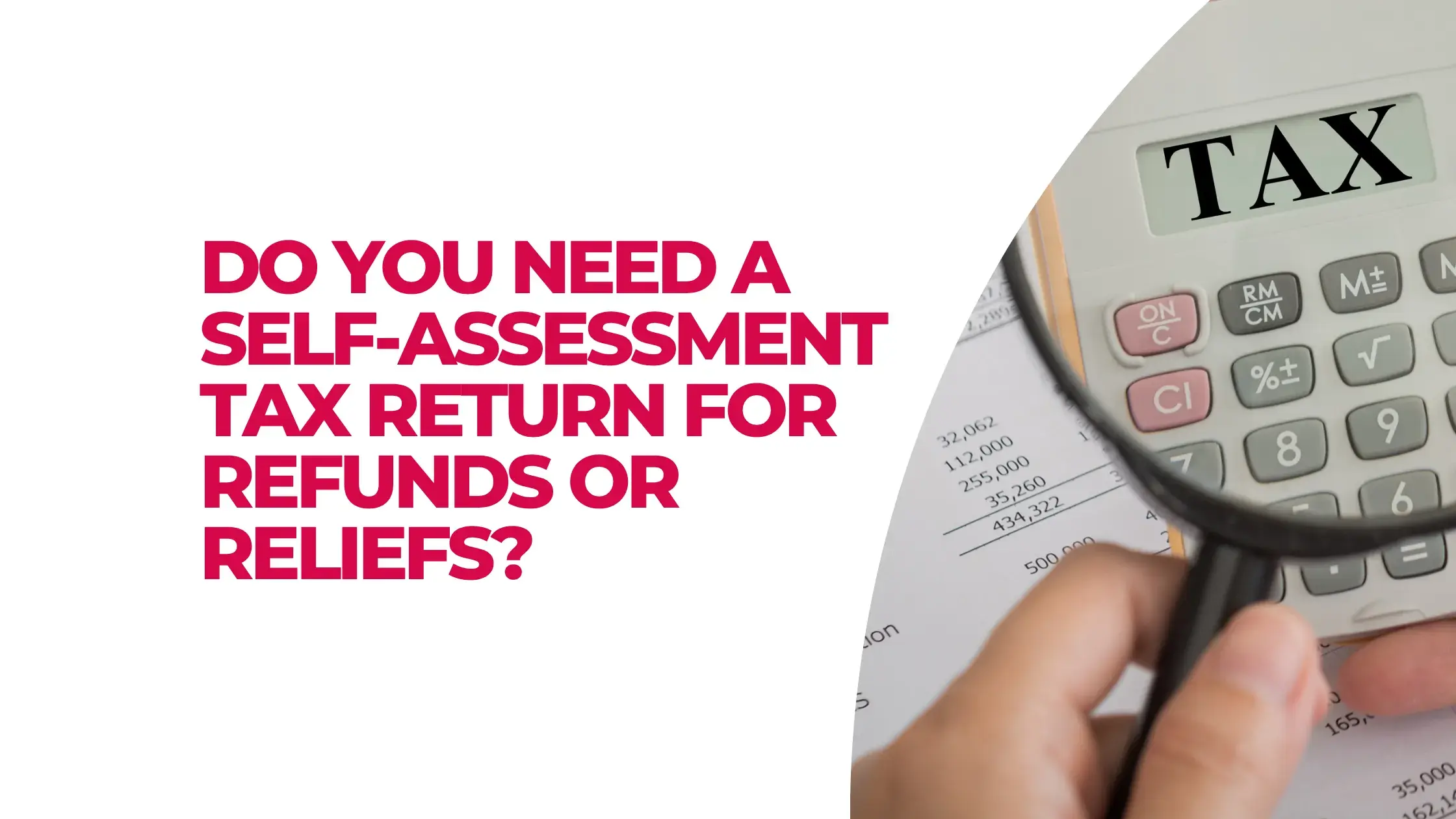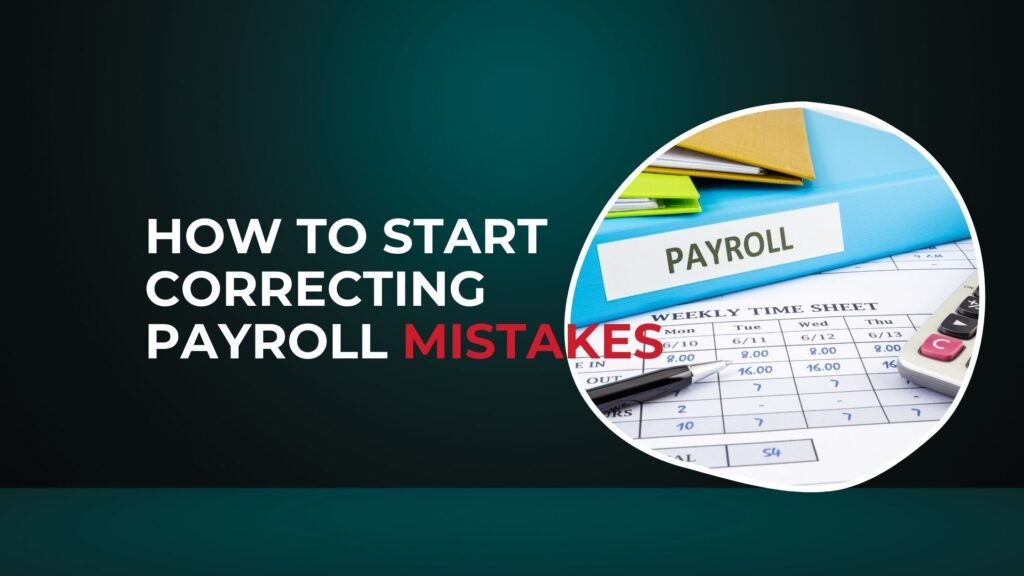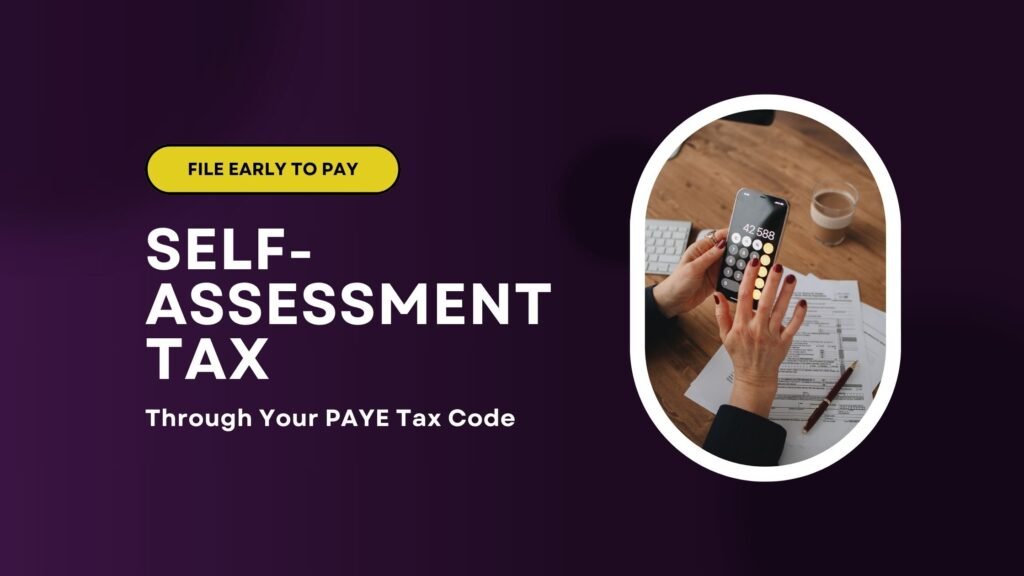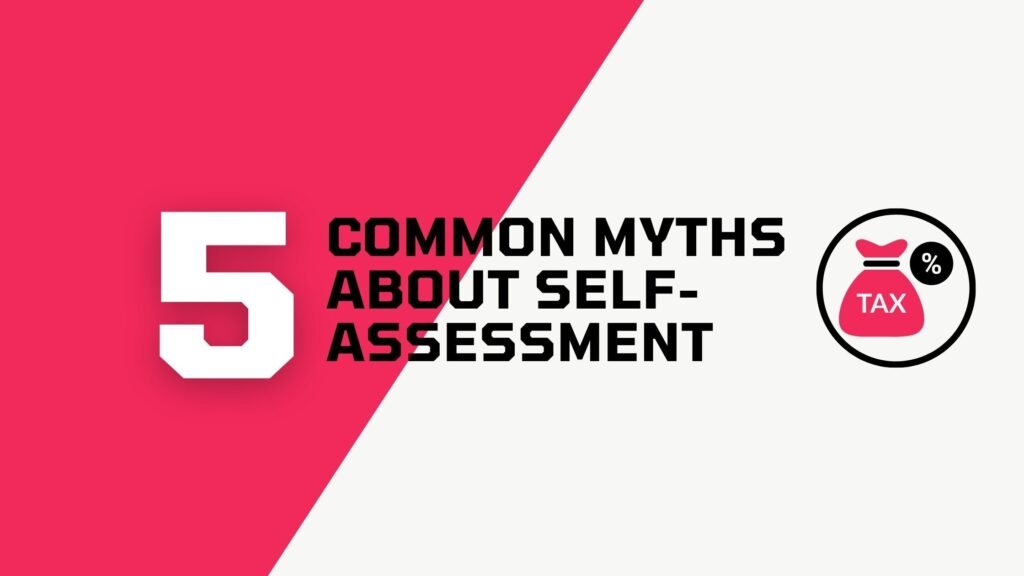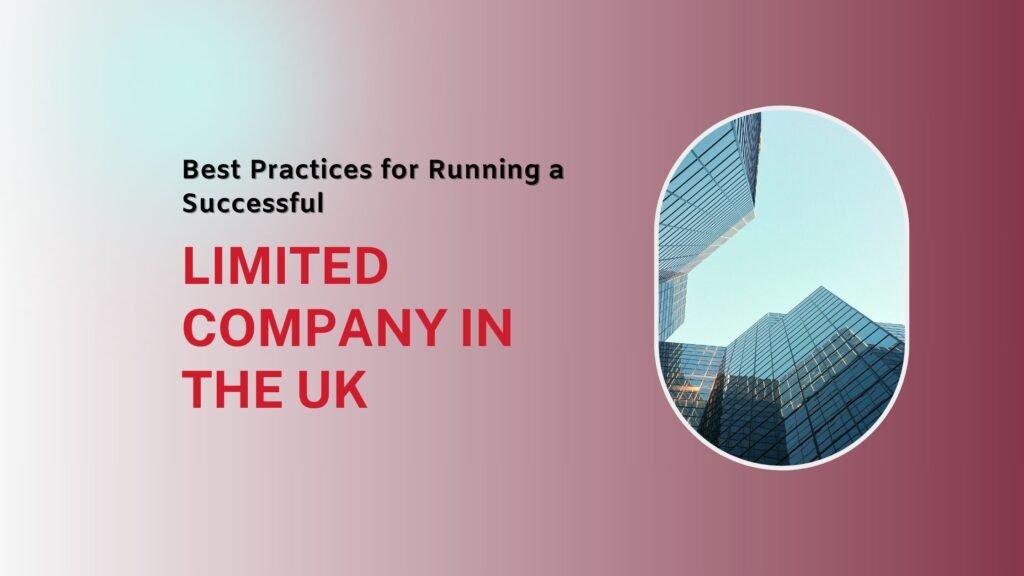Wondering if you need to file a Self‑Assessment tax return to claim a refund or get tax relief? This is a common question during tax season, especially for those who do not usually complete a tax return. The answer depends on your situation, the type of income you have, and how you want to claim your refund or relief.
What Is Self‑Assessment and When Is It Required?
Self‑Assessment is HMRC’s system for collecting income tax that is not automatically deducted from your salary, pension, or savings. It applies mainly to self‑employed people, company directors, landlords, and anyone earning untaxed income.
Even if you owe no tax, you may still need to submit a return if HMRC sends you a notice to file. Failing to submit a required return can result in penalties, even when the final tax bill is zero.
Do You Need Self‑Assessment for a Tax Refund?
Not always. If you are a PAYE employee and have paid too much tax, HMRC often issues a P800 or a tax calculation automatically. In these cases, you can claim your refund directly online without completing a Self‑Assessment.
A Self‑Assessment return becomes necessary when your income comes from sources such as self‑employment, rental properties, or dividends. If you have overpaid tax on these types of income, HMRC requires a return to process the refund.
Self Assessment Tax Return
Do You Need Self‑Assessment for Tax Relief?
Some types of tax relief can be claimed without a return, but others require it. Examples include:
- Pension contributions – Basic rate tax relief is automatic, but higher or additional rate relief often needs to be claimed through Self‑Assessment.
- Charitable donations (Gift Aid) – If you are a higher rate taxpayer, you may need to declare donations on a return to claim additional relief.
- Marriage Allowance – Usually claimed through HMRC directly, but if other factors apply, it might go through Self‑Assessment.
- Work expenses – Small claims can be made online using HMRC forms, but larger claims or mixed income might require a return.
When You Do Not Need to File
You might not need a Self‑Assessment if:
- All your income is taxed through PAYE with no other earnings.
- You only need a refund from a simple overpayment of tax.
- HMRC has confirmed you are not required to file for the tax year.
If you are unsure, you can use HMRC’s online “Check if you need to send a Self‑Assessment tax return” tool.
How to Claim Refunds or Reliefs Without a Tax Return
HMRC offers alternative ways to claim refunds or reliefs without filing a Self‑Assessment:
- Log in to your HMRC account and request a P800 refund.
- Claim work expenses or Marriage Allowance through simple online forms.
- Contact HMRC directly for straightforward tax overpayment cases.
These methods are ideal for those who are not required to file a return but still want to claim what they are owed.
Final Tips
Check your tax situation early to avoid last‑minute stress. If you are unsure whether a Self‑Assessment is required, it is always best to confirm with HMRC or seek advice from a professional accountant. Filing correctly ensures you get your refunds or reliefs quickly and avoid penalties.
Need help with Self‑Assessment, refunds, or tax relief claims? Our expert team is here to make the process simple and stress‑free.
FAQs on Self-Assessment Tax Returns
Not always. PAYE taxpayers can often claim refunds without a return, but self‑employed or those with other untaxed income may need to file.
Yes, many reliefs can be claimed through HMRC’s online services.
Most refunds take a few days to a few weeks, depending on the method used.
A P800 refund is an automatic adjustment by HMRC for PAYE taxpayers. Self‑Assessment refunds are processed after you submit a return.
You can face penalties starting from £100, even if your tax bill is zero.
